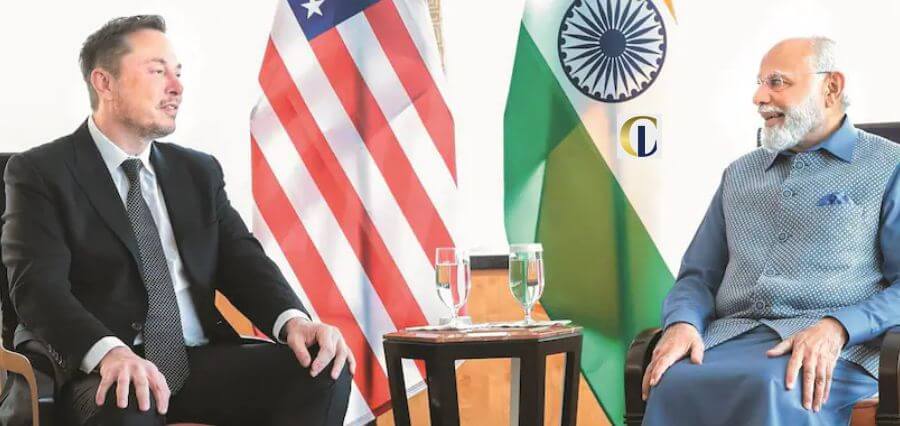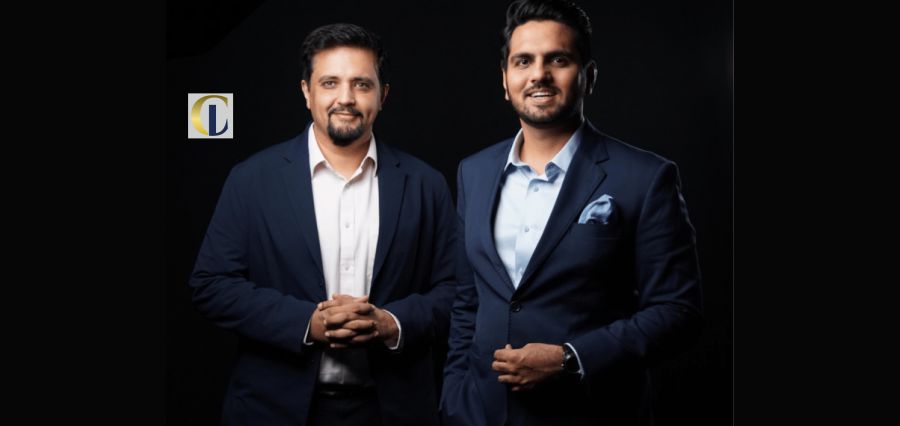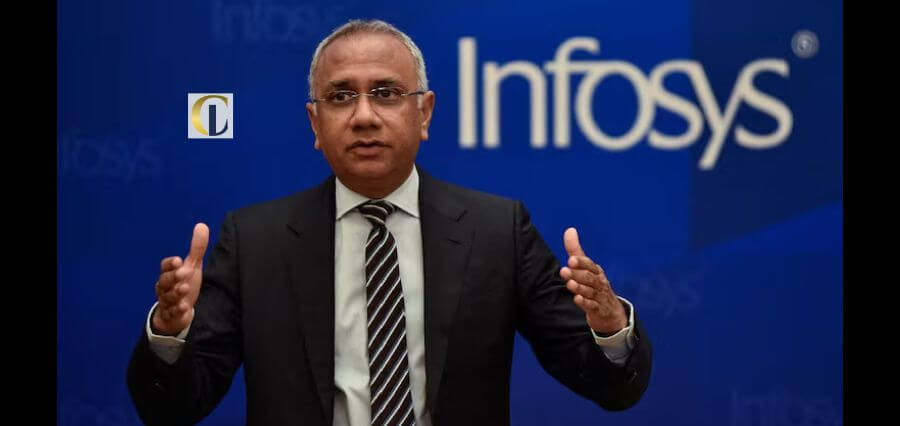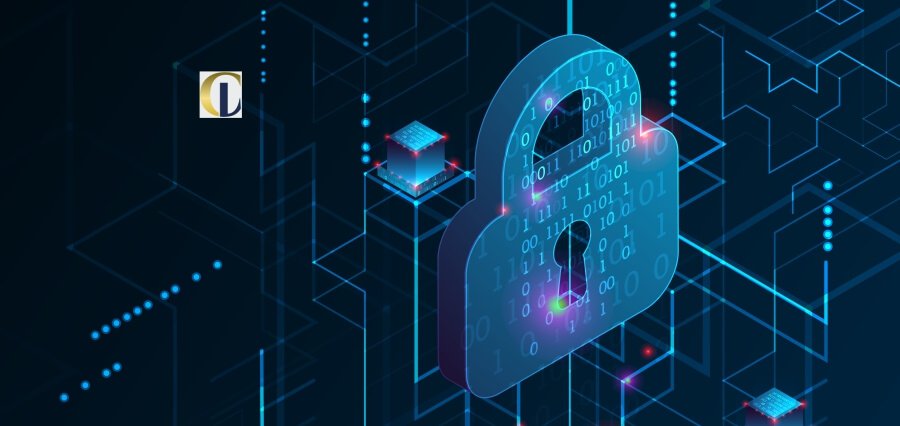During its inaugural interaction with the Indian government, Tesla led by Elon Musk, along with other global automotive manufacturers, sought clarification on the newly introduced electric vehicle (EV) policy. Specifically, they inquired about investment guidelines and the timeline for meeting the domestic value addition (DVA) requirement.
Officials present at the meeting informed Business Standard that original equipment manufacturers (OEMs) aimed to comprehend whether the entire investment should be completed within three or five years and the timeframe for achieving the 50 per cent DVA.
Hanif Qureshi, additional secretary at the Ministry of Heavy Industries (MHI), stated, “The consultation meeting was organized to address queries from auto OEMs. We provided clarification regarding the investment timeline and DVA.”
The recently unveiled EV policy, announced last month, offers reduced import taxes to OEMs committing to invest a minimum of $500 million (approximately Rs 4,150 crore) and establishing a manufacturing facility within three years. Moreover, they are mandated to achieve a 25 per cent DVA within the initial three years and reach 50 per cent by the fifth year of their operations in the country.
Tesla was represented by its advisor, The Asia Group (TAG) India, during the stakeholder consultation meeting with the Ministry of Heavy Industries (MHI). TAG, headquartered in Washington, D.C., is a strategic and business advisory group. This representation occurred shortly before the anticipated visit of Tesla’s Chief Executive Officer, Elon Musk, to India.
Several other prominent global companies, including VinFast, Mercedes-Benz, BMW, Kia, Volkswagen, Toyota, Hyundai, and Renault-Nissan, participated in the meeting. Additionally, representatives from Indian car manufacturers such as Tata Motors, Maruti Suzuki, and Mahindra & Mahindra were also in attendance.
Hanif Qureshi, an additional secretary at the Ministry of Heavy Industries (MHI), noted, “Officials from the Department of Revenue were also present to offer clarification on the concessional duty notification, which facilitates the incentives outlined in the policy.”
In March 2024, India introduced concessional import tariffs for global electric vehicle (EV) manufacturers. The proposal aims to reduce import duties for interested EV makers to 15 per cent from the current 70 per cent or 100 per cent on vehicles with a CIF (cost, insurance, and freight) value of $35,000 and above for a period of five years from the issuance date of the government’s approval letter. However, companies seeking the Customs duty relaxation must invest $500 million within three years.
According to another official, certain foreign entities with local manufacturing units sought clarification on whether their current investments in India could be utilized to meet the criteria for concessional import duties. Nonetheless, officials from the Ministry of Heavy Industries (MHI) clarified that only fresh investments would qualify for incentives.
An official involved in the scheme stated, “This marked the initial consultation subsequent to the policy announcement. We intend to initiate the application process within two months.”








